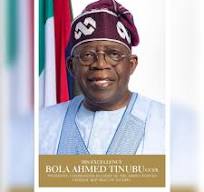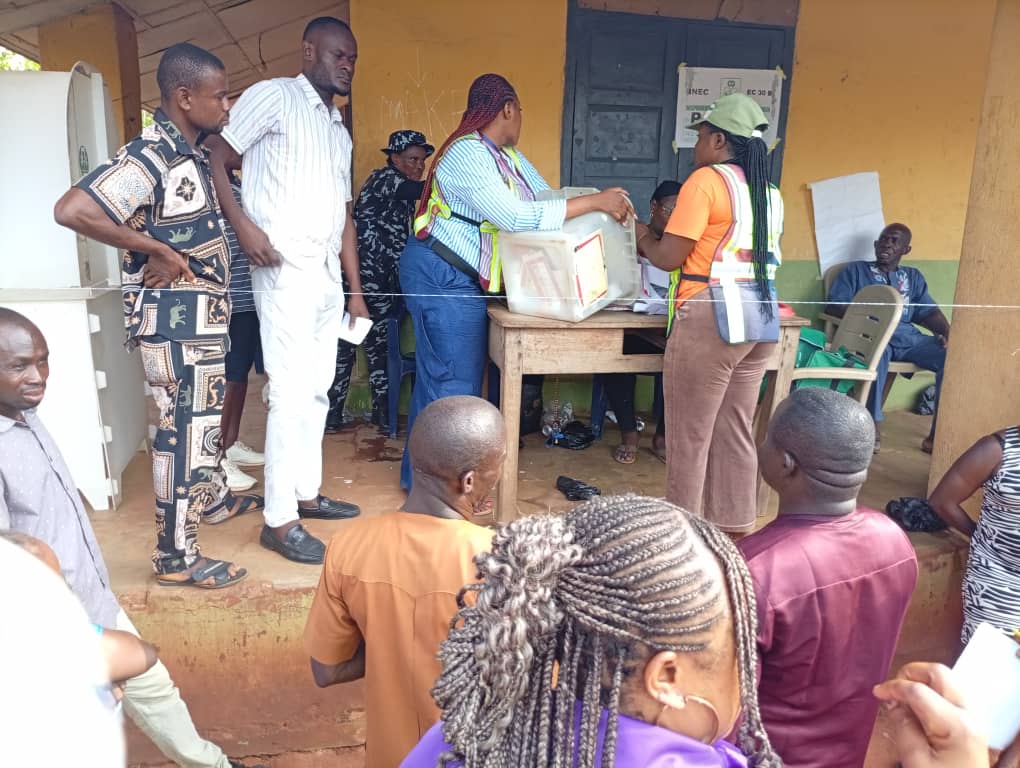By Prince Chris Azor
Two years into President Bola Ahmed Tinubu’s administration, the Nigerian people are not enjoying the dividends of change — they are enduring the consequences of disruption. The streets are filled with hunger. The markets whisper despair. Inflation has become a daily companion, and poverty has deepened to levels unseen in recent memory. For all the talk of economic reforms and fiscal realignment, the lived reality is one of pain, precarity, and profound disillusionment.
Tinubu rode into office with a promise to fix the economy, but Nigerians are still waiting for the promised relief. On his first day in office, the President announced the removal of fuel subsidies — a move hailed by technocrats but one that immediately pushed transportation, food, and energy costs beyond the reach of millions. Coupled with a chaotic unification of the foreign exchange market, the naira spiraled, and with it came skyrocketing prices that continue to punish the average citizen.
Supporters of the regime point to signs of recovery: a stabilized exchange rate, a halt to the Central Bank’s reckless monetary practices, an uptick in oil production, and renewed investor confidence. But these macroeconomic gestures have not translated into tangible benefits for ordinary Nigerians. The shops remain half-stocked, school fees are unaffordable, healthcare is out of reach, and many are slipping beneath the poverty line with no safety net in sight.
Tinubu’s defenders argue that these are necessary sacrifices — that short-term pain will yield long-term gain. But Nigerians have heard this tune before. The difference now is the scale of the suffering. Food inflation alone has crossed 40 percent in some regions. Households that once managed three meals now struggle for one. Petty traders, artisans, and low-income earners are vanishing from the economy, swallowed by hardship.
Fiscal adjustments as reforms
The President’s economic team has been quick to parade fiscal adjustments as reform. But what is reform if it alienates the very people it is meant to serve? What is the use of winning investor confidence when public confidence is at an all-time low? Nigerians are not opposed to change — they are opposed to a kind of change that weaponises their poverty while protecting the privileges of the elite.
Despite promises of palliative support, the social safety mechanisms remain woefully inadequate and poorly coordinated. Millions have not seen any form of support from the federal government. State governments, who were expected to cushion the impact remain either complacent or complicit, with little to show for humongously increased federal allocations.
Security, a prerequisite for any economic recovery, continues to deteriorate. Farmers are unable to access their lands due to terrorism and banditry. Food production is threatened. Rural Communities live in fear. Kidnappings and killings continue to dominate headlines, yet the administration has offered no sweeping strategy to dismantle the machinery of terror holding vast regions of the country hostage.
President Tinubu must also reckon with the contradiction of blaming a broken system in which he has long been a principal actor. He was not only a political godfather but a powerful enabler of the regime whose policies led Nigeria to the brink. Today’s pain did not start in 2023 — it is the harvest of years of elite conspiracy, fiscal impunity, and disregard for the masses. That context cannot be ignored.
The optics of governance have also worsened the mood of the nation. Lavish government spending on new presidential aircraft, bloated entourages, and needless luxury projects continues even as citizens tighten their belts to breaking point. Governance must not only be effective; it must be seen to be empathetic.
Nigeria faces existential crisis
Nigeria is not just experiencing economic strain — it is facing an existential crisis. The social contract between the State and the People is badly frayed. Citizens are increasingly questioning the purpose of their suffering. Without urgent redirection, the hardship could boil over into deeper unrest and instability.
This administration still has time to course-correct, but it must begin by listening — truly listening — to the cries from the streets. Economic policies must be retooled with a human face. Price controls, food interventions, support for small businesses, rural security, and mass employment and empowerment initiatives must move from policy papers to reality. Revenue generation must be matched with visible improvements in public services, not more government waste.
Tinubu’s presidency was framed as a reset. Two years in, it feels more like a rupture. Nigerians are not statistics. They are citizens. And they are hungry — not just for food, but for justice, fairness, inclusion and hope. If the president fails to understand this, history will not remember him for trying — it will remember him for failing a nation at the edge.
Prince Chris Azor is a Citizen Advocate and President, International Peace and Civic Responsibility Centre (IPCRC)
08032102294 (SMS only)






“It’s a sacrifice that we must all pay” has become the slogan of our leaders whenever they occupy the seat of power. For how long shall the masses continue to sacrifice for the comfort and extravagant lifestyle of the elect? Are Nigerian policies favorable and considerate to the masses or the elites?